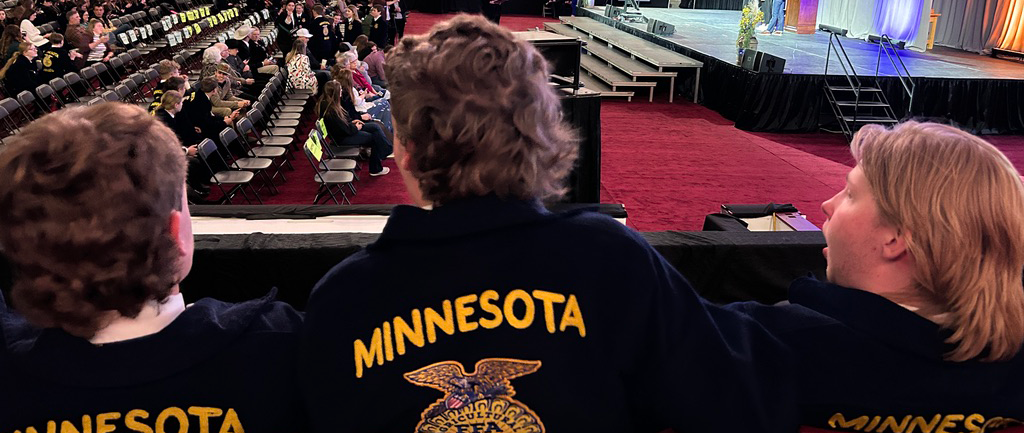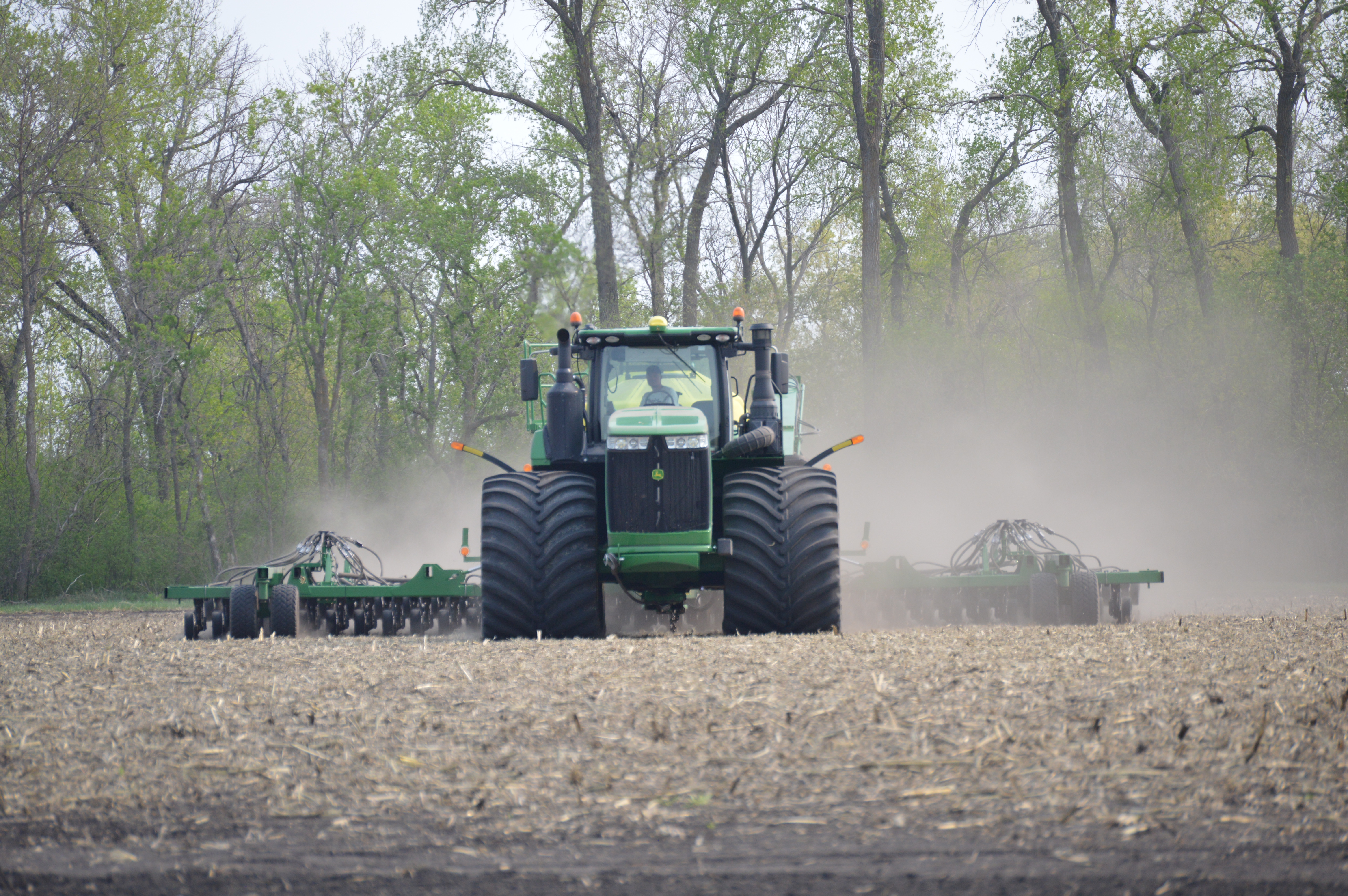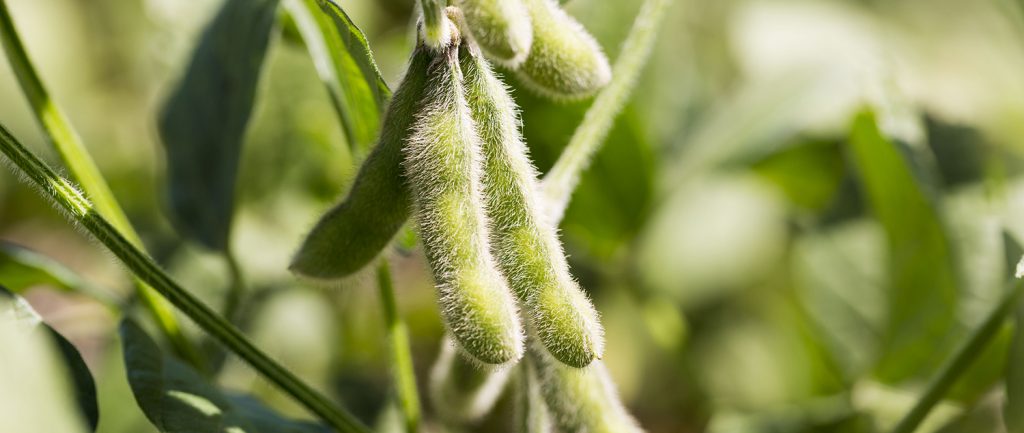SafeTALK training sessions are wrapping up around Minnesota, providing the skills and techniques to more than 200 people to provide help when suicide intervention is needed.
“MDA offered this training in response to participant feedback from our Down on the Farm workshops in 2017, and our staff and agency leadership kept hearing increasing concern about suicide in the farming community,” says Meg Moynihan of the Minnesota Department of Agriculture (MDA).
The program teaches participants to recognize when someone is asking for help, both directly and indirectly, and connect them to intervention resources. The training stresses the importance of keeping a person contemplating suicide safe and creating a network in a community of those you can refer a person to.
“This training was extremely beneficial not only for myself as a farmer, but for the farmers I work with, too,” says Dennis Schmidt of Nicollet County, who works as a farm manager with Upper Midwest Management and farms himself. “Learning how to recognize the variety of ways a farmer or individual may be reaching out for help, plus having the resources to ensure they are safe is so important with where we are in today’s agricultural climate.”
Every location for the trainings has had a waiting list, as class size was limited to 30 people. One additional training is scheduled for Jan. 22 in St. Cloud. Anyone interested in hosting one of the “SafeTALK: Preventing Suicide in Agricultural Communities” trainings can contact Meg Moynihan at 651-201-6616 or email meg.moynihan@state.mn.us.
Although these specific SafeTALK trainings had an added aspect of being rural and agriculturally focused, the SafeTALK platform is available to anyone who would like to be trained. Additional workshops and course information can be found online at www.livingworks.net.
“Unfortunately, farming communities experience more than their share of suicide,” says MDA Commissioner Thom Petersen. “We want people to know what they can do to help when they see warning signs.”







